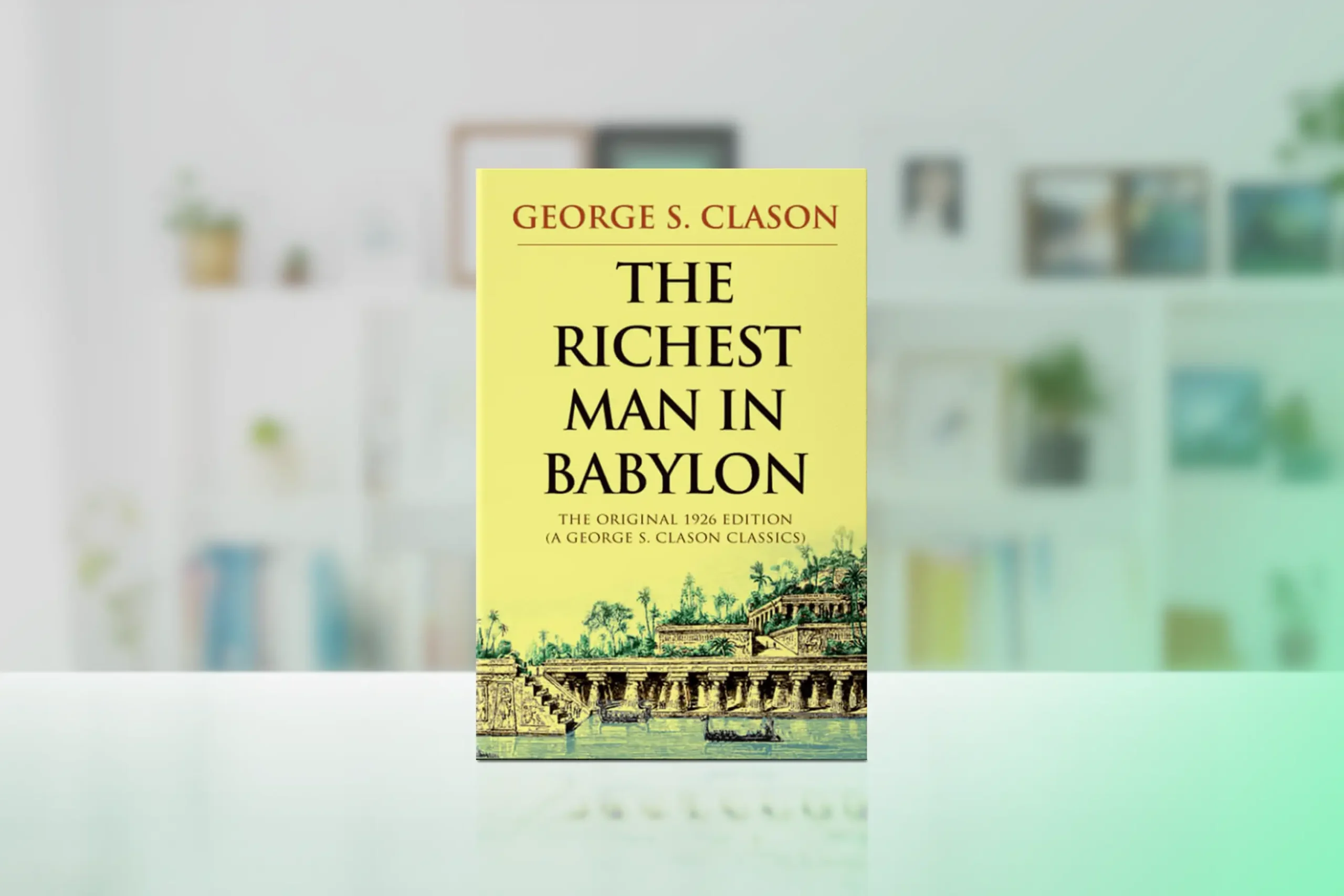In the vast sea of personal finance literature, George S. Clason’s “The Richest Man in Babylon” stands as a timeless beacon of financial wisdom. First published in 1926, this remarkable book has guided generations of readers towards financial prosperity through its collection of parables set in ancient Babylon.
George S. Clason ingeniously uses storytelling to impart fundamental principles of wealth-building, making complex financial concepts accessible and engaging for readers of all backgrounds.
Core Concepts
“The Richest Man in Babylon” presents its financial lessons through a series of parables, each reinforcing key principles of wealth accumulation and management. The core concepts include:
- Pay yourself first (save at least 10% of your income)
- Live below your means
- Make your money work for you through wise investments
- Improve your skills to increase your earning capacity
- Secure your future through homeownership and protection for your family
- Repay debts promptly and borrow money cautiously
- Seek advice from those who are financially competent
Through these principles, Clason provides a comprehensive framework for achieving financial success, regardless of one’s starting point or era.
Chapter-by-Chapter Review
The Man Who Desired Gold
Introduces the concept of financial education and the importance of seeking knowledge from those who have achieved success.
The Richest Man in Babylon
Presents the story of Arkad, the richest man in Babylon, and his “Seven Cures for a Lean Purse,” which form the foundation of the book’s financial advice.
Seven Cures for a Lean Purse
Elaborates on Arkad’s seven principles for building wealth, including saving, controlling expenses, and making wise investments.
Meet the Goddess of Good Luck
Emphasizes the importance of preparation and seizing opportunities in financial success.
The Five Laws of Gold
Outlines five fundamental laws for managing and growing wealth effectively.
The Gold Lender of Babylon
Explores the principles of wise borrowing and lending through the story of Mathon, the gold lender.
The Walls of Babylon
Illustrates the importance of protection and insurance in preserving wealth.
Key Strengths
- Presents timeless financial principles in an engaging, storytelling format
- Offers practical, actionable advice that is relevant across generations
- Uses simple language to explain complex financial concepts
- Encourages a proactive approach to personal finance
- Emphasizes the importance of discipline and consistency in wealth-building
Potential Drawbacks
- The archaic language and setting may not appeal to all readers
- Some may find the repetition of concepts across stories redundant
- Lacks specific advice on modern financial instruments and technologies
Who This Book Is For
“The Richest Man in Babylon” is an invaluable resource for:
- Individuals at any stage of their financial journey, from beginners to seasoned investors
- Those seeking to improve their financial habits and achieve long-term wealth
- Readers who appreciate learning through stories and parables
- Anyone looking for timeless financial wisdom that transcends current trends
Final Review
George S. Clason’s “The Richest Man in Babylon” stands the test of time as a masterpiece of financial literature. Through its engaging parables and clear principles, the book offers a roadmap to financial success that is as relevant today as it was nearly a century ago.
The book’s greatest strength lies in its ability to distill complex financial concepts into simple, memorable lessons. By wrapping these lessons in captivating stories, Clason ensures that the principles stick with readers long after they’ve finished the book. The emphasis on foundational habits like saving, living below one’s means, and continuous learning provides a solid framework for financial success that transcends changing economic landscapes.
While some readers may find the ancient Babylonian setting and language initially challenging, those who persevere will discover a treasure trove of wisdom that can transform their financial lives. “The Richest Man in Babylon” is not just a book to be read; it’s a guide to be lived by, offering the potential for lasting financial transformation to those who apply its principles.
Rating: 4.7/5
A timeless classic that provides a solid foundation for financial success through engaging parables and practical wisdom, applicable to any era or economic condition.
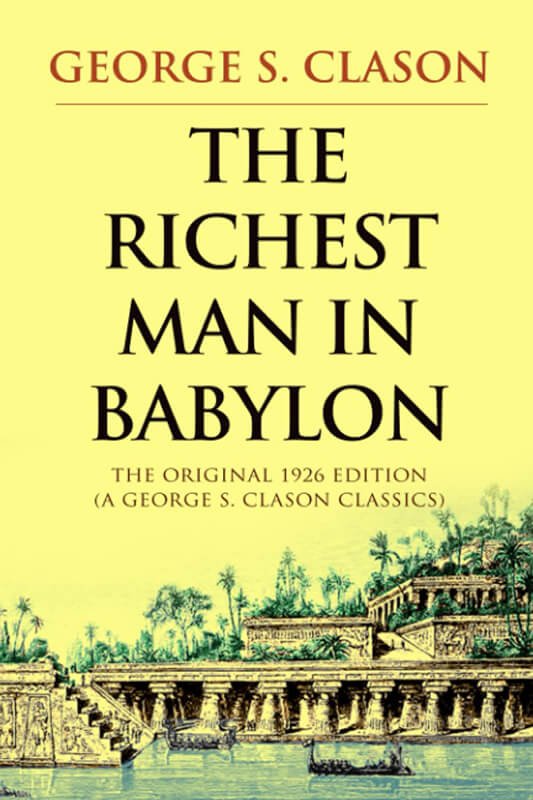
Alternative Books
If you are looking for other books like “The Richest Man in Babylon”, consider these alternatives:
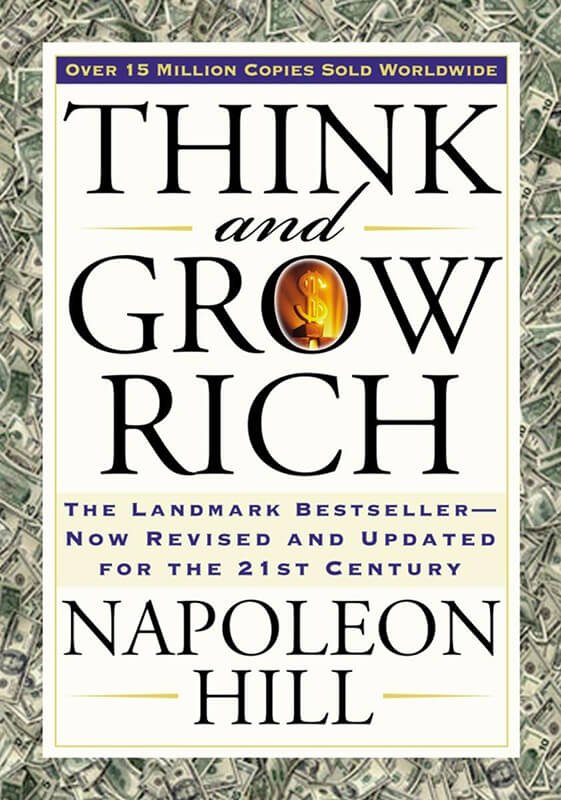
Think and Grow Rich by Napoleon Hill
Explores the power of personal beliefs and desire in achieving financial success.
Rating: 4.7/5
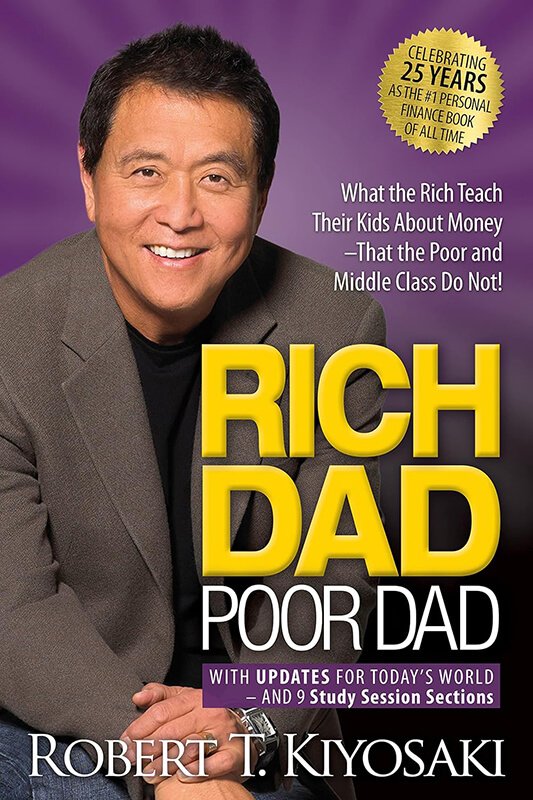
Rich Dad Poor Dad by Robert T. Kiyosaki
Offers contrasting perspectives on money and investing from two father figures.
Rating: 4.5/5
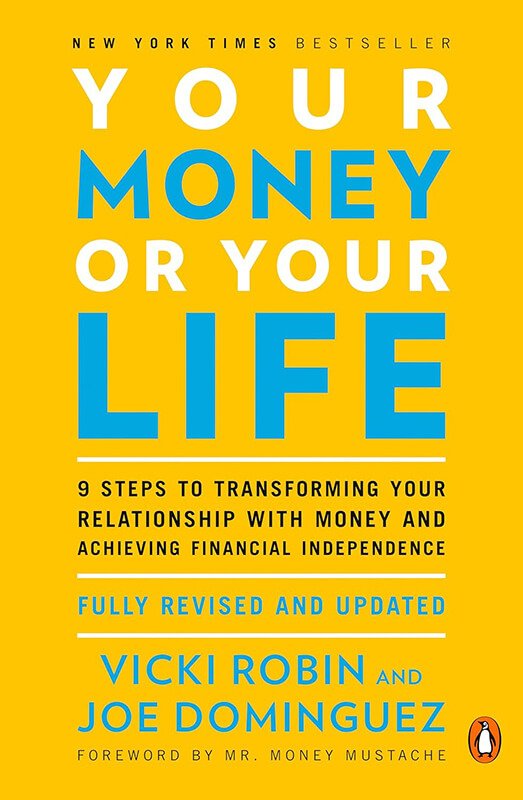
Your Money or Your Life by Vicki Robin and Joe Dominguez
Presents a nine-step program for transforming your relationship with money and achieving financial independence.
Rating: 4.5/5

